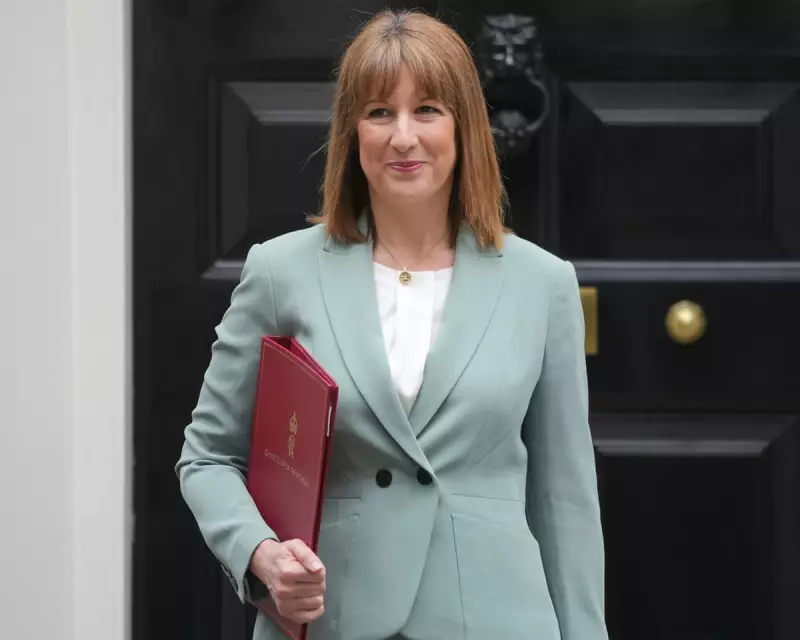
In a move set to send shockwaves through the UK's political and economic landscape, Chancellor Rachel Reeves is reportedly finalising plans for a radical overhaul of the nation's deeply unpopular council tax system. This would represent the first major structural reform of how local services are funded in over three decades.
The End of an Era: Why the Current System is Broken
Introduced in 1993 to replace the disastrous poll tax, council tax has long been a source of frustration for homeowners and tenants alike. Its fundamental flaw lies in its basis on property valuations that are now over three decades out of date. This has created staggering regional imbalances, where residents in modest homes in the North often pay significantly more relative to their property's actual value than those in multi-million pound mansions in London.
Critics argue the system is not just archaic, but fundamentally unfair, failing to reflect the immense property price inflation that has occurred since the last valuation. The Institute for Fiscal Studies has consistently labelled it as regressive and in dire need of modernisation.
What's on the Table? The Potential New System
While the Treasury remains tight-lipped on the exact details, Whitehall insiders suggest several options are being fiercely debated behind closed doors:
- A Proportional Property Tax: A new levy based on a percentage of a property's current market value, ensuring those in the most valuable homes contribute more fairly.
- Re-banding with Regular Revaluations: A less radical approach would involve updating the existing tax bands to reflect 21st-century prices and mandating regular revaluations to prevent future obsolescence.
- Incorporation of Wealth Taxes: Some proposals suggest merging elements of a land value tax to target unearned wealth from rising land prices.
The Political Tightrope: Winners, Losers, and Backlash
Any reform of this magnitude is politically fraught. The Chancellor must navigate a complex minefield:
Potential Winners: Homeowners in areas with lower property price growth, particularly in the North and Midlands, could see their bills fall. Younger buyers in expensive cities, currently penalised by high bills on modest homes, may also benefit.
Potential Losers: Residents in London and the South East, where property values have skyrocketed since 1991, are likely to face sharp increases in their annual bills. This presents a major political risk for a government with many seats in these affluent areas.
The Road Ahead: A Long and Winding Path to Reform
Even with a government mandate, implementing such a sweeping change will be a Herculean task. It would require a nationwide property revaluation – a logistically complex and costly endeavour not undertaken since the poll tax era. The government would also need to build a consensus and manage the inevitable backlash from those who stand to pay more.
All eyes are now on the Chancellor's next fiscal statement. Will she seize what many see as a once-in-a-generation opportunity to fix a broken system, or will political pragmatism delay the death of the dreaded council tax? The future of funding for crucial local services from social care to bin collections hangs in the balance.





